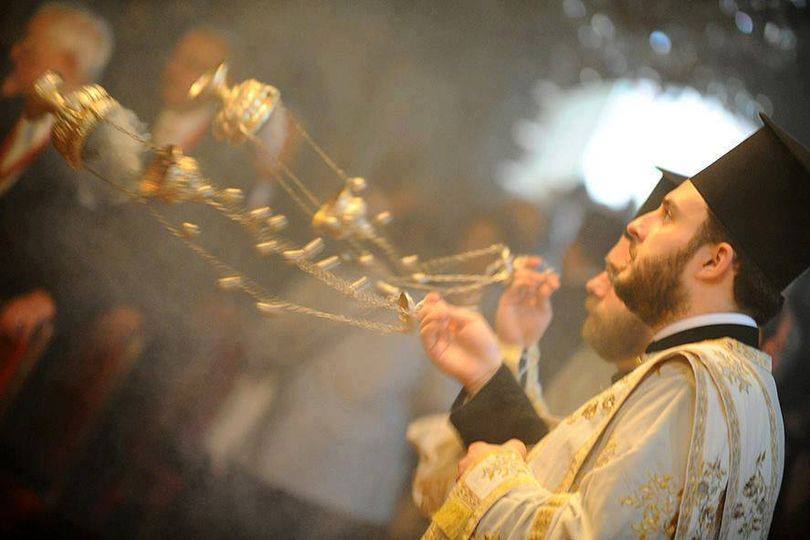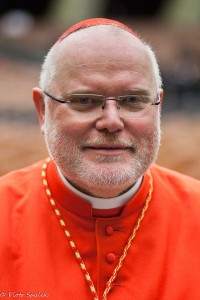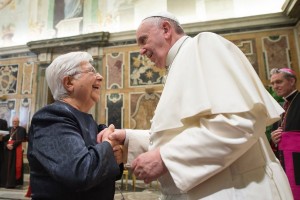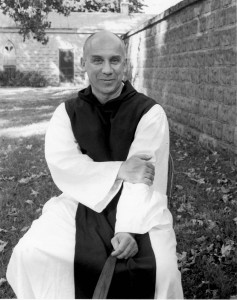 The human face of Jesus Christ, the mercy of God and the love of Holy Mother Church is only going to be known if the priest gets back into the confessional (on a daily basis?). The Pope of Mercy is calling priests to act like priests and not as bureaucrats by getting into the confessional more often.
The human face of Jesus Christ, the mercy of God and the love of Holy Mother Church is only going to be known if the priest gets back into the confessional (on a daily basis?). The Pope of Mercy is calling priests to act like priests and not as bureaucrats by getting into the confessional more often.
Robert Moynihan, Editor-in-Chief of Inside the Vatican, writes today, “Out of the Curia into the Confessional,” that a recent papal decision in asking the priests (which includes the bishops and cardinals) of the Roman Curia to hear confessions on a regular basis. Why? “Because he [Pope Francis] wishes to emphasize the importance of confession, and of God’s great goodness in forgiving human sin.”
Confession of sin opens all of us up to what is a living Catholicism (evangelization and faith formation): to living a mature form of Christianity.
What a great idea! Actually, the Pope is expanding the ministry started at one of the churches in Rome devoted to promoting God’s unfailing mercy through the inspiration of Saint Faustina. Oddly enough, the building next to the church where the confessions are heard, is the Jesuit Roman Curia. You might remember that the Jesuits, from the days of Saint Ignatius of Loyola, had a special ministry in hearing confessions for people of all walks of life. The good Jesuit would stop everything to reconcile someone to God and the Church! A delight that is no longer frequently practiced by the Jesuits of their own Curia. Leave it to the Jesuit pope to re-invigorate this venerable aspect of Jesuit priestly ministry… I hope the Jesuits get the hint.
What the Pope has proposed the Curia is not meant for them alone; it is meant as an invitation to all priests about the world to reclaim the ministry of reconciliation today. There are no reasonable excuses to be made but I can hear the priests complaining now: “I already sit in the confessional once a week for 20 min.” OR, “The people know where to find me.” OR “We’ve lost the battle already, why bother?” OR “There are plenty of other priests hearing confessions in this city, I don’t have to spend more time in that box!” OR my favorite, “I am too busy.” The priest who holds this attitude needs some re-education.
In the City of New Haven, CT, there two Catholic parishes, both run by religious orders, the Order of Preachers and the Vincentian Fathers, St Mary’s Church and St Stanislaus Church (respectively), who make their priests available for confessions six days a week. I frequently see people going into the box a sinner only to emerge freed from sin and given sanctifying grace.
The Dominican Friars have a tendency to preach about the need for repentance and the beauty of being in the merciful embrace of the Good Shepherd through the ministry of the confession box. I think the Holy Father got his ideas in the Elm City, no?







